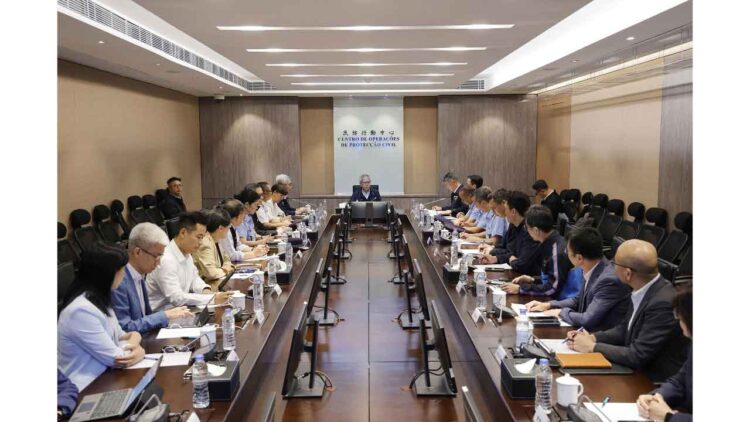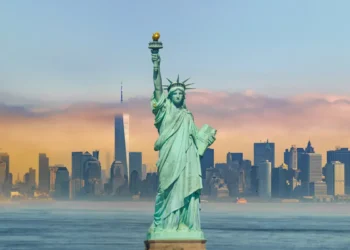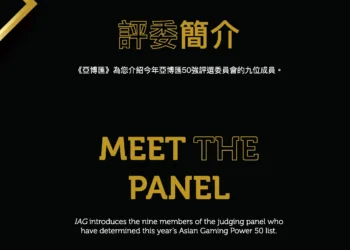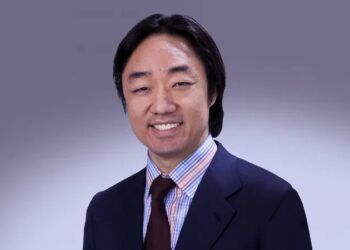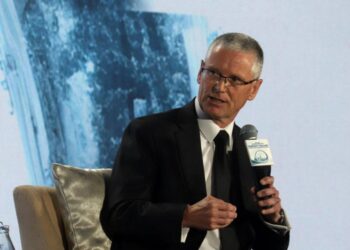Macau’s gaming regulator – the Gaming Inspection and Coordination Bureau (DICJ) – said Sunday that it had decided not to order the closure of casinos at the height of Typhoon Wipha due to concerns that such closures could encourage guests to depart the premises.
Instead, the DICJ called on operators to ensure gaming areas were “maintained in proper condition during the typhoon period” as well as being “properly protected against typhoons”. It also highlighted the need for staff to “take a rest” during the typhoon but did not provide specifics.
The directive comes after authorities hoisted Typhoon Signal No.10 at 12:30pm on Sunday – the first T10 signal in Macau since September 2023. On that occasion, then-Chief Executive Ho Iat Seng had issued an early order that all casinos would close once Typhoon Saola exceeded T8.
Sunday’s statement from the DICJ reads in full, “In order to protect the safety of the staff and guests in the casino and to prevent the risk of staff and guests gathering in the surrounding outdoor areas or attempting to travel due to the closure of the casino, the gaming premises and venues will be maintained in proper condition during the typhoon period, and the casino will make arrangements for the staff and guests to take a rest in the event of a typhoon.
“The DICJ will continue to coordinate with the gaming companies to ensure that the gaming premises and venues are properly protected against typhoons and that the rights of employees are protected in accordance with the law, in particular, the right to take rest and to be compensated accordingly.”
While casinos have not been ordered closed, Macau’s three main border crossings were shut down early Sunday upon order of the Chief Executive – one of multiple cautionary measures related to the impact of Typhoon Wipha.
In a dispatch, the Chief Executive ordered the Gongbei Border gate, the Qingmao Checkpoint and the Zhuhai-Macao Cross-Border Industrial Zone Checkpoint to be closed from 6am “in order to safeguard the life and property of citizens”. The three checkpoints typically account for almost half of Macau’s daily visitor arrivals.
Also suspended were flights and ferry services in and out of Macau, plus local transport services including the shuttle buses run by the city’s integrated resorts.






